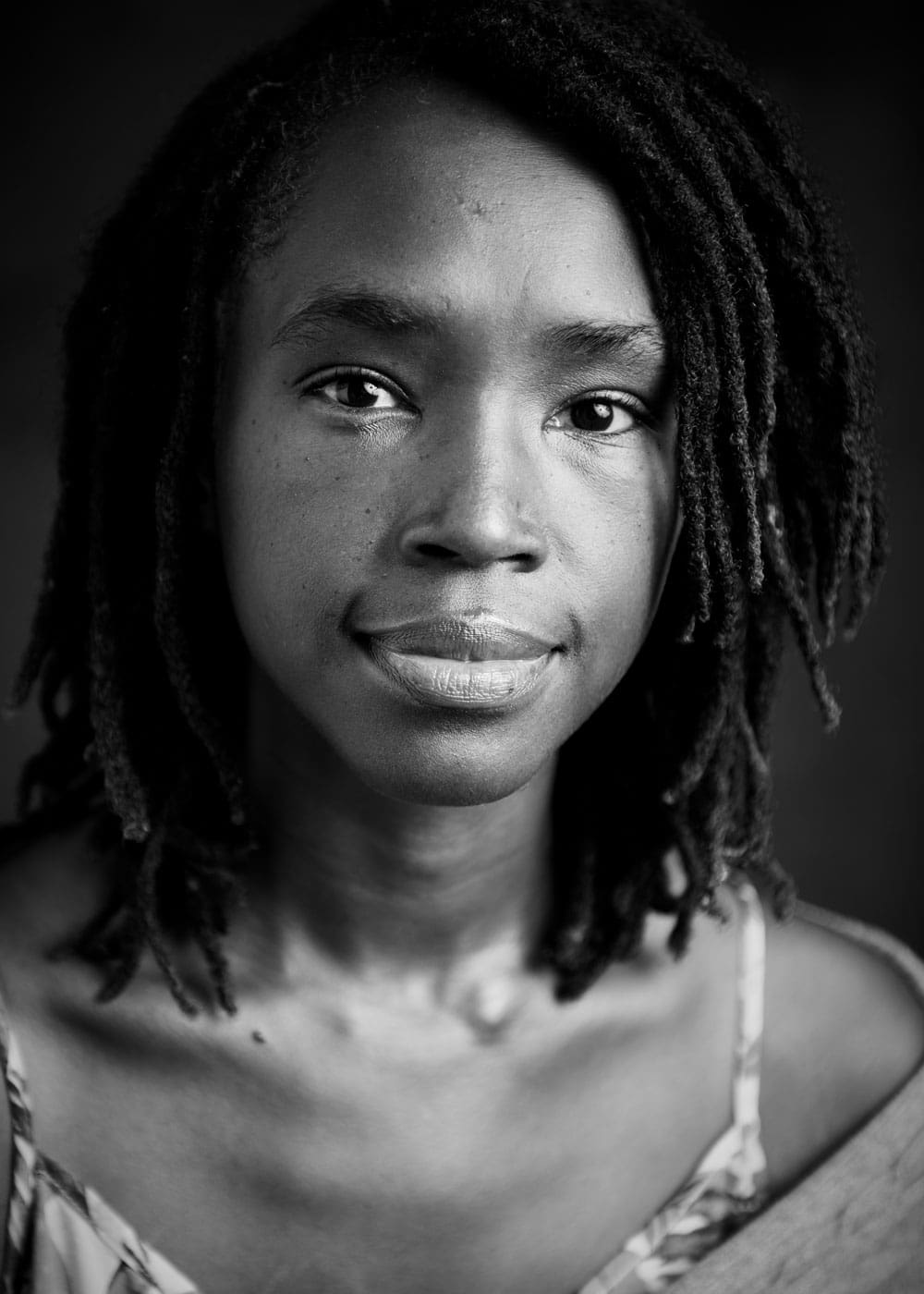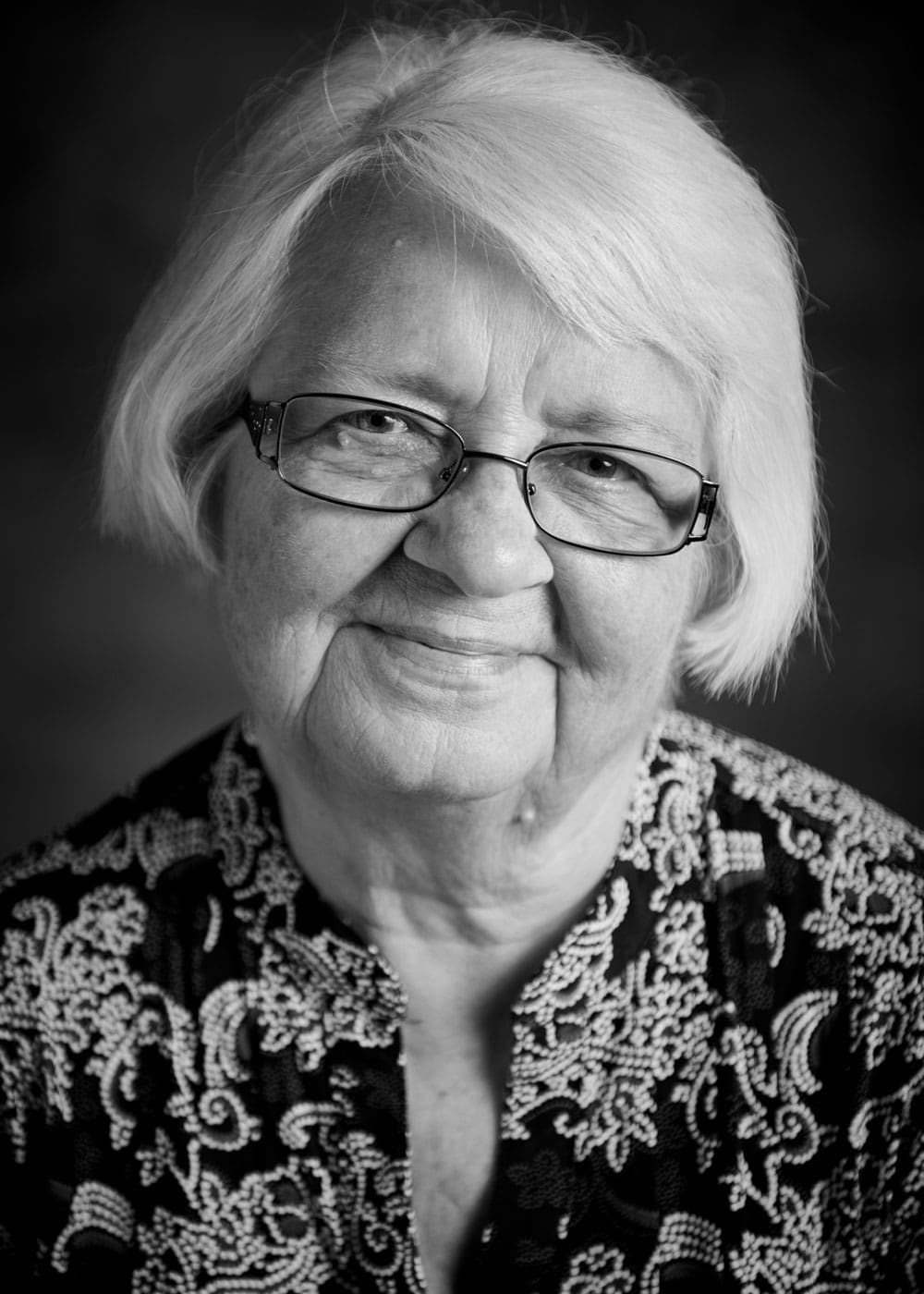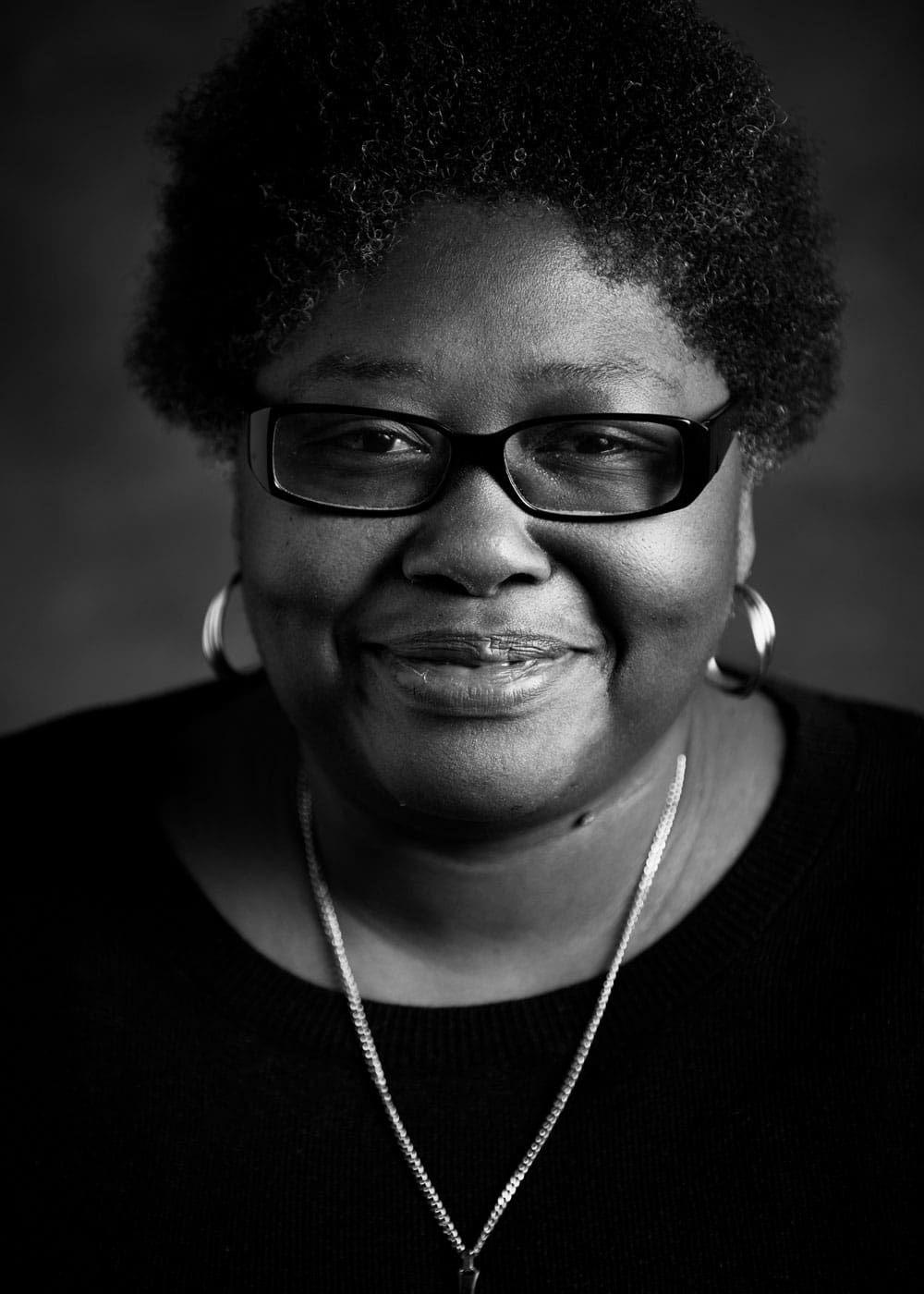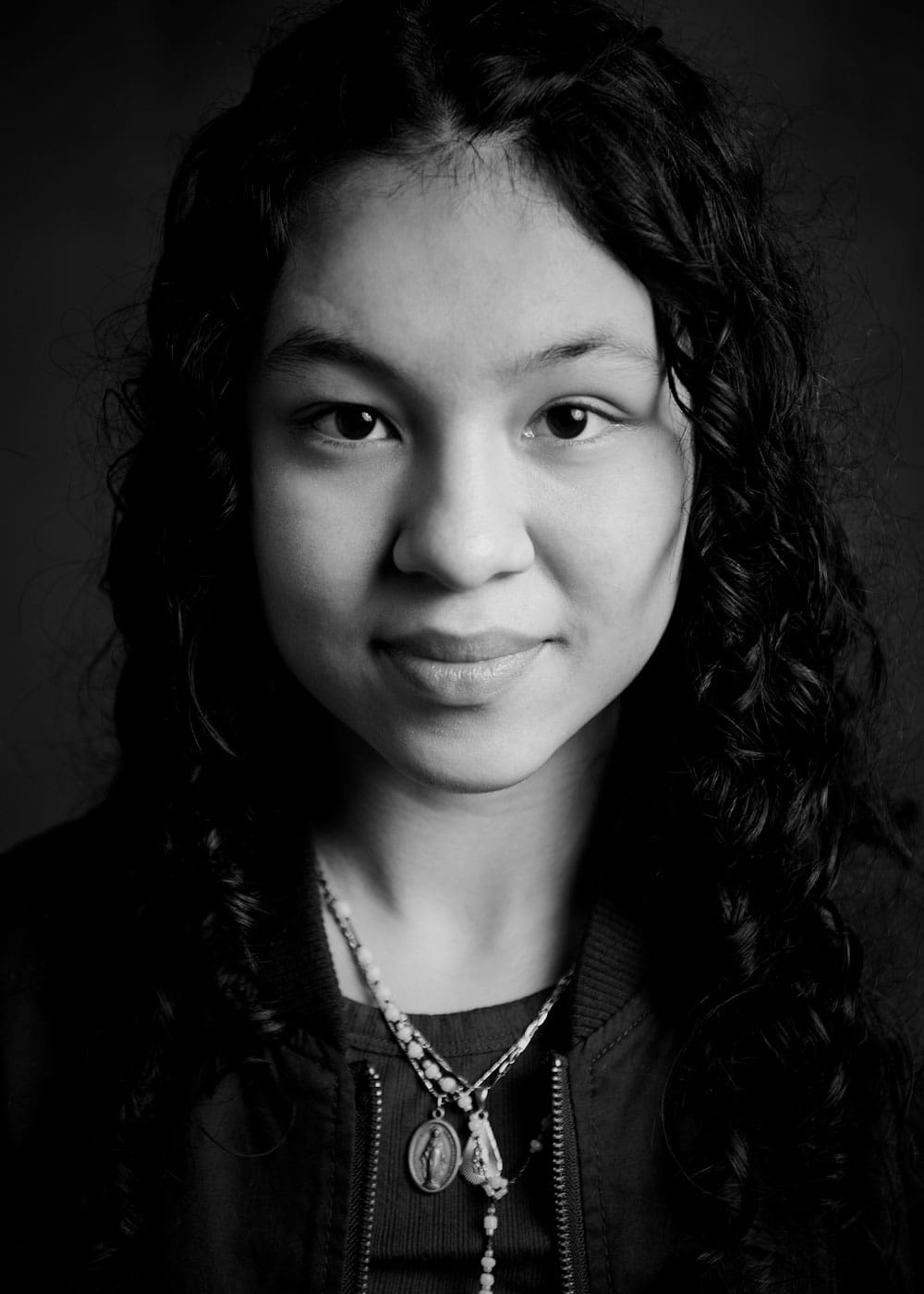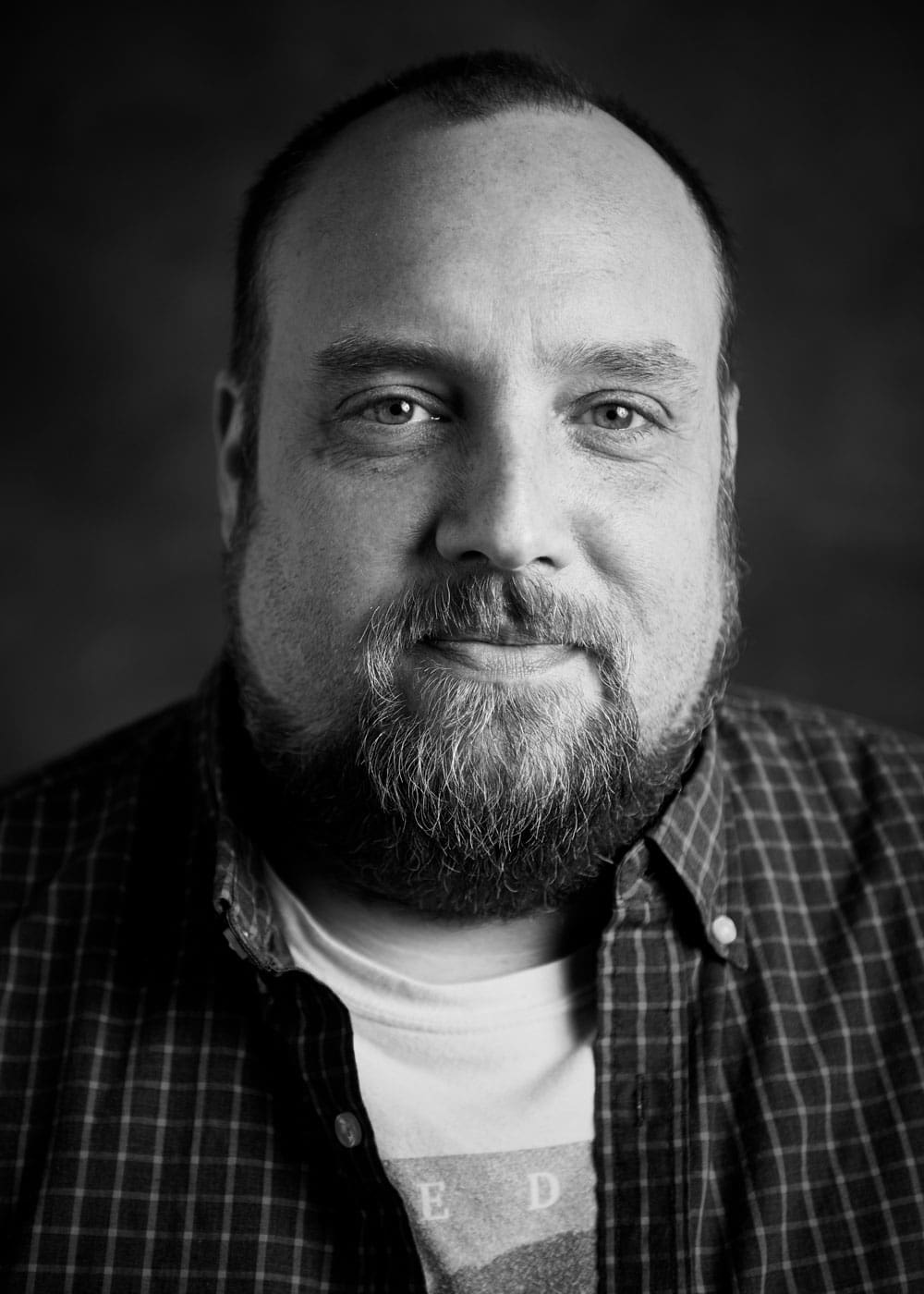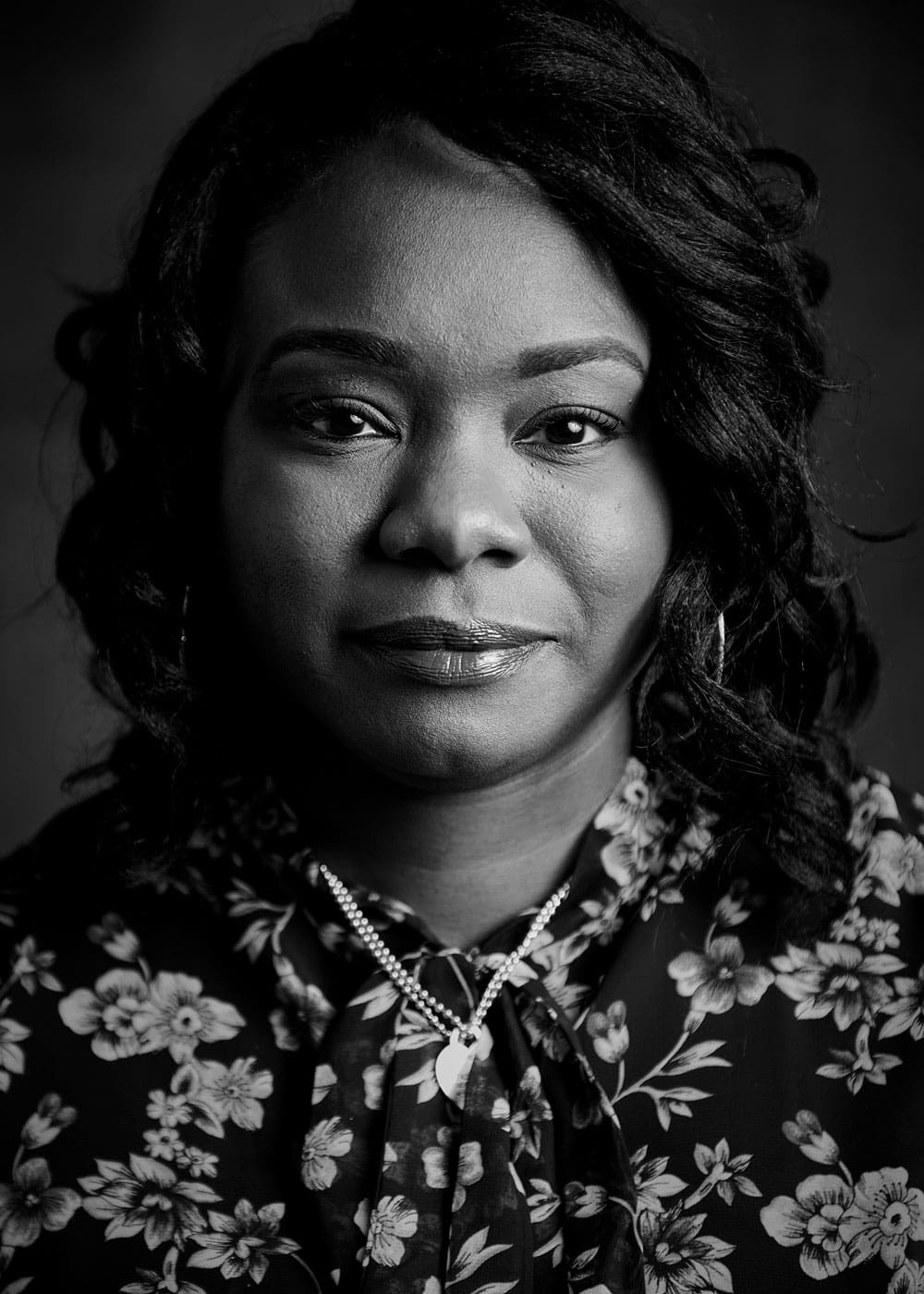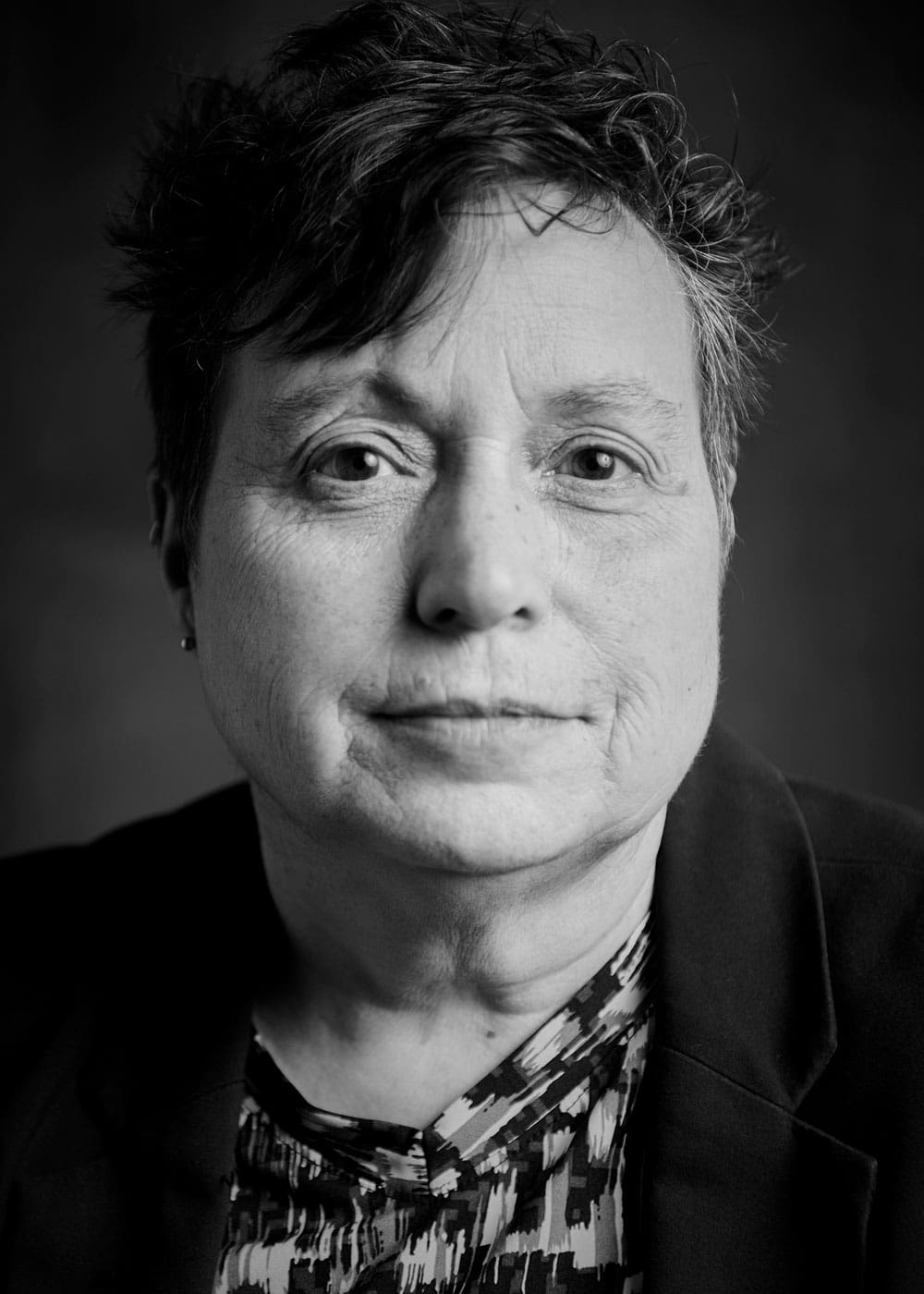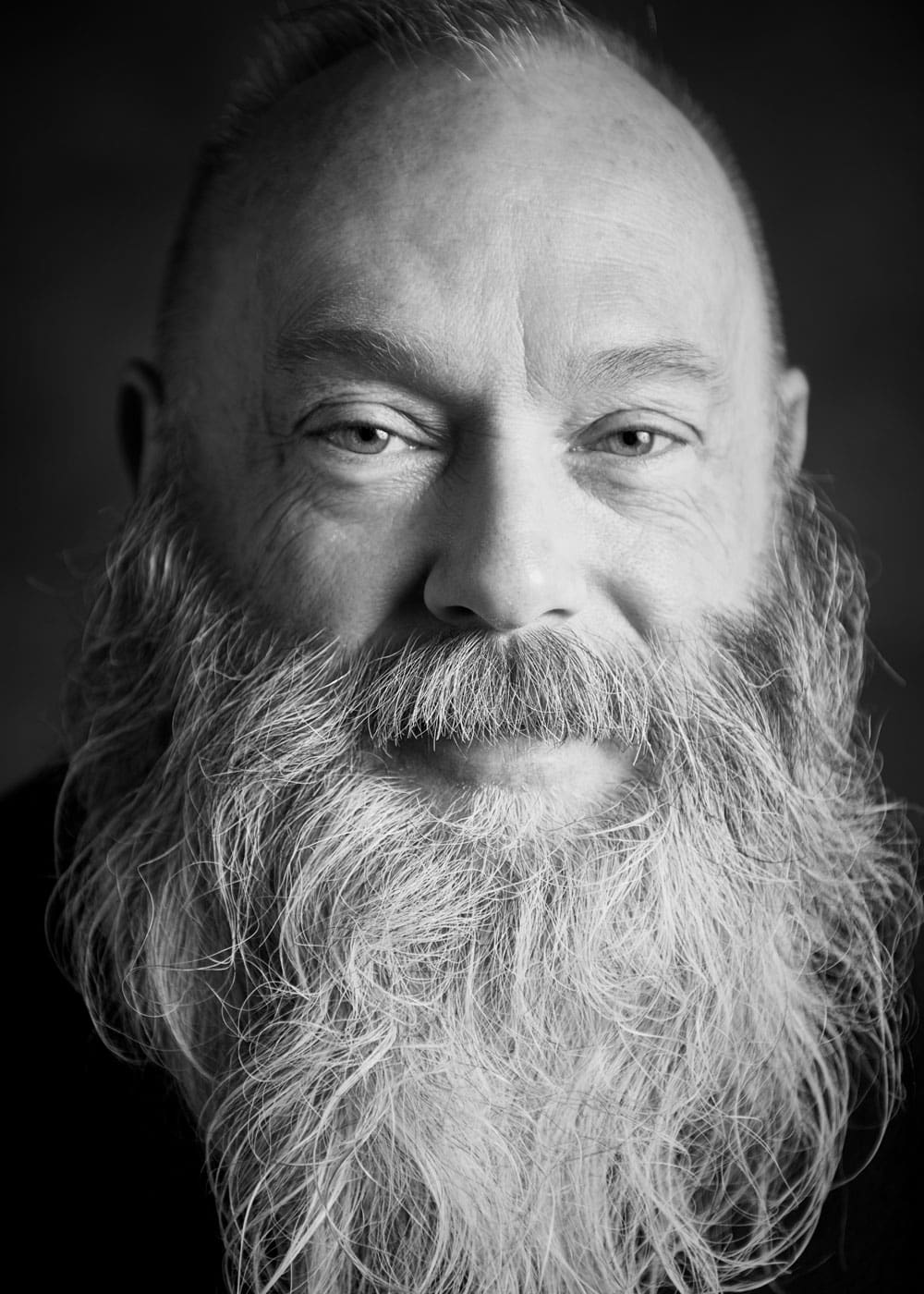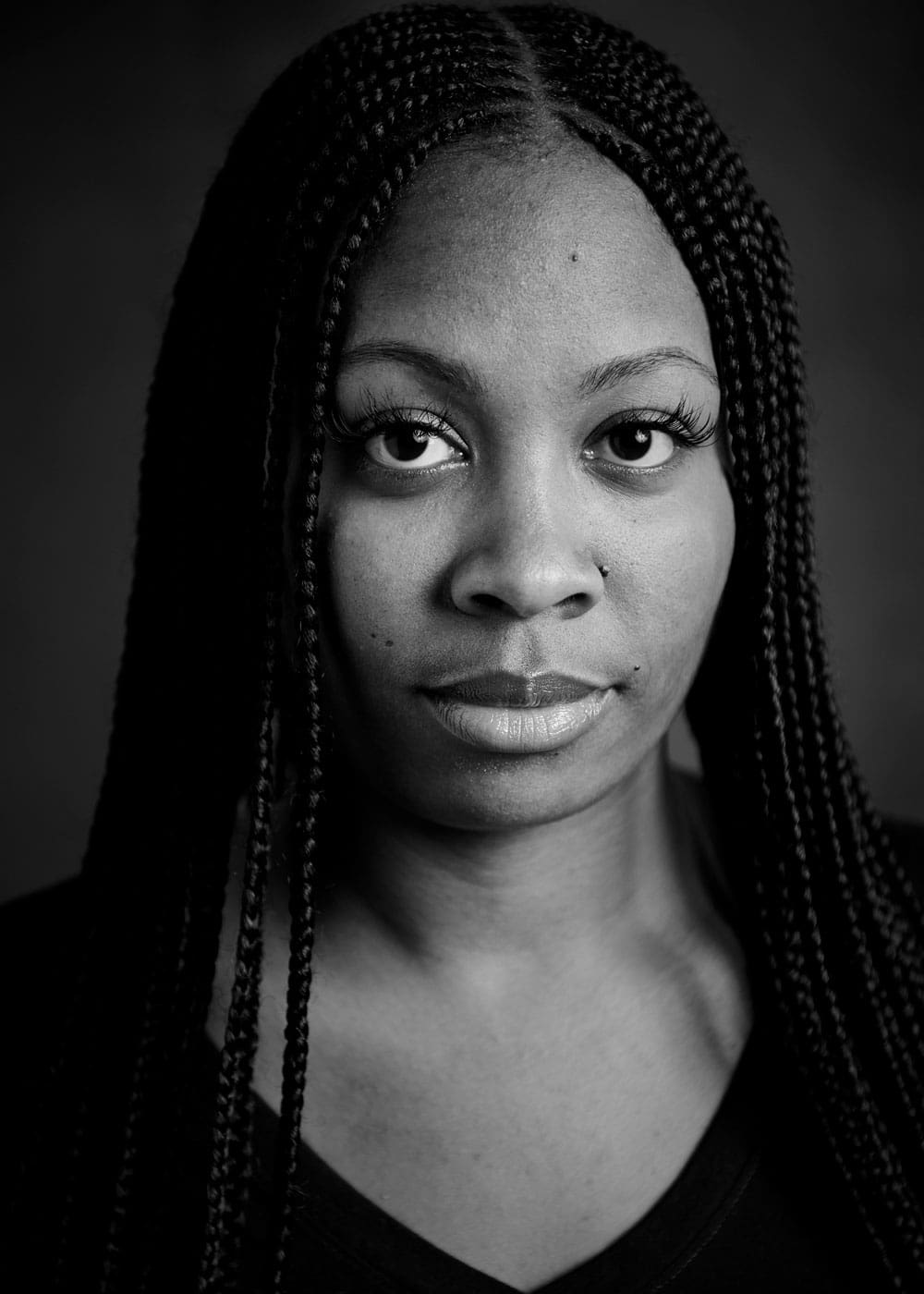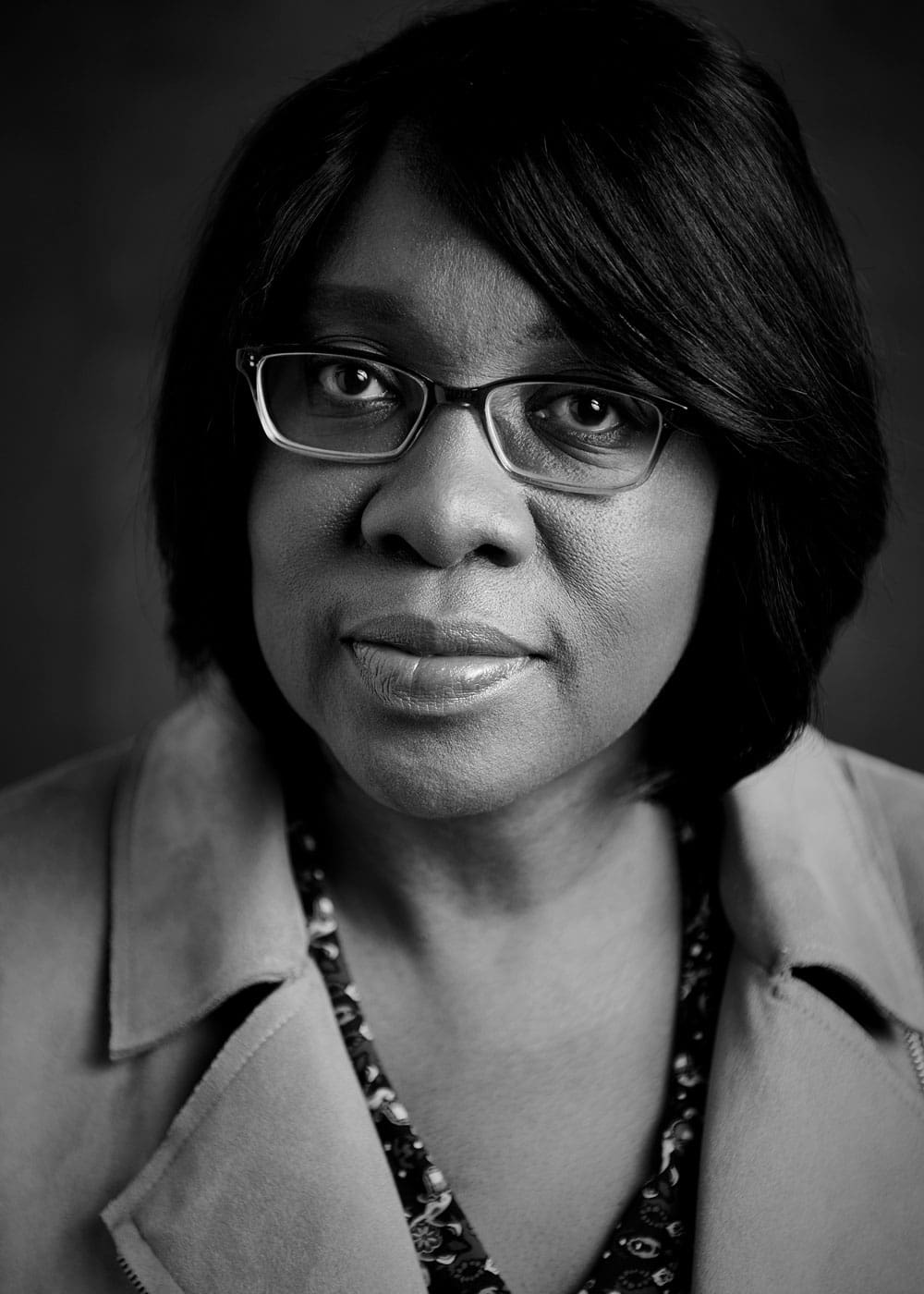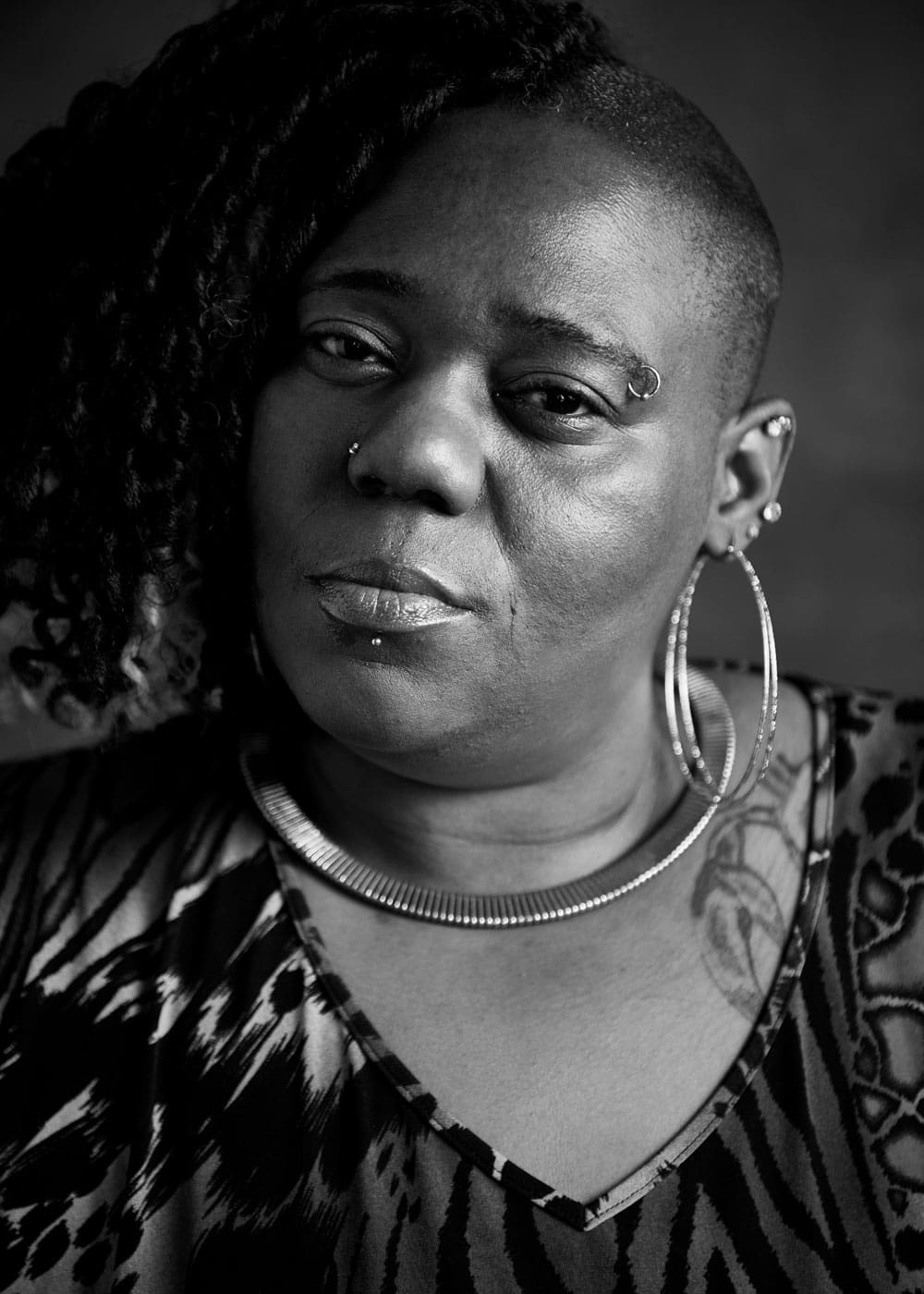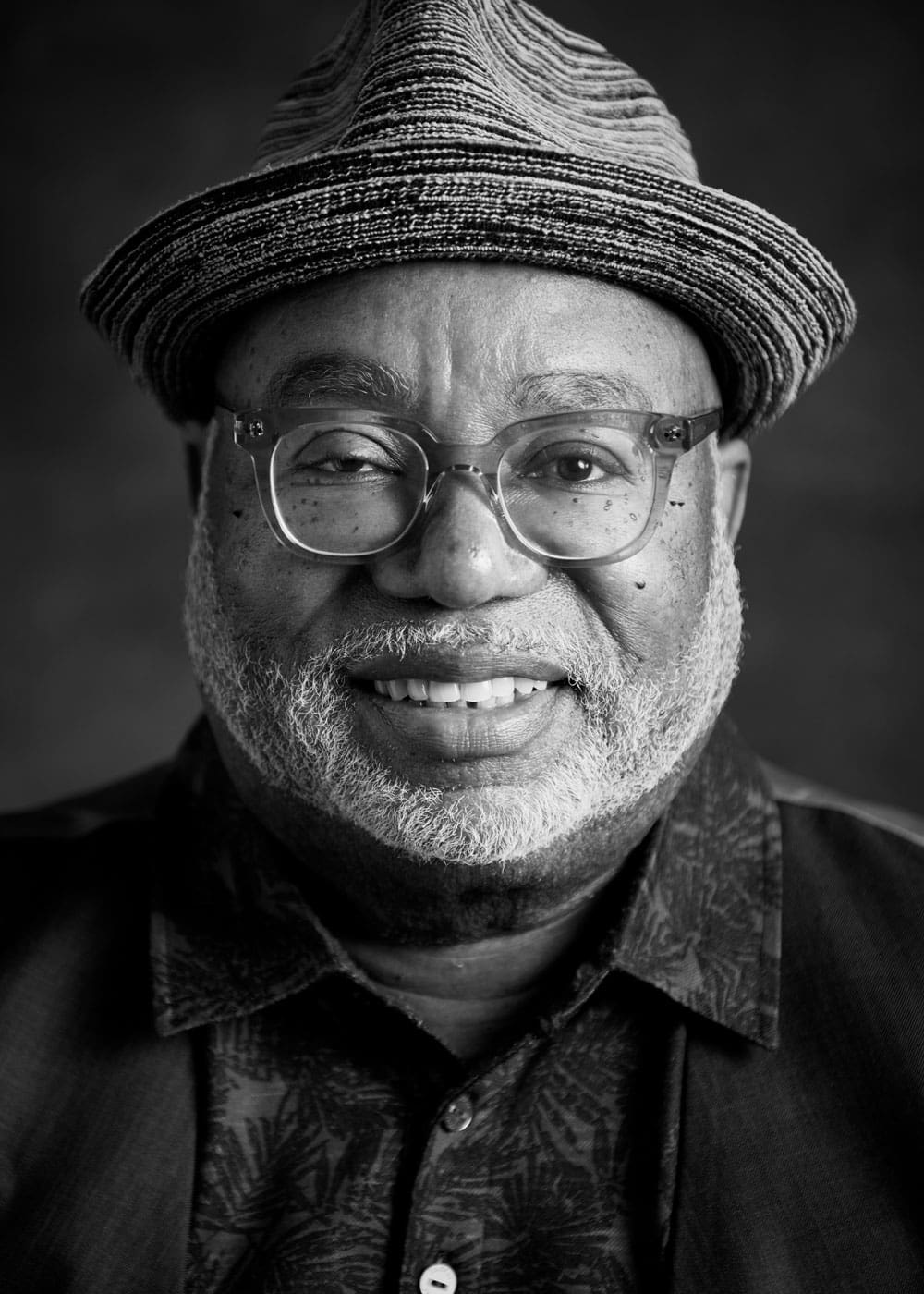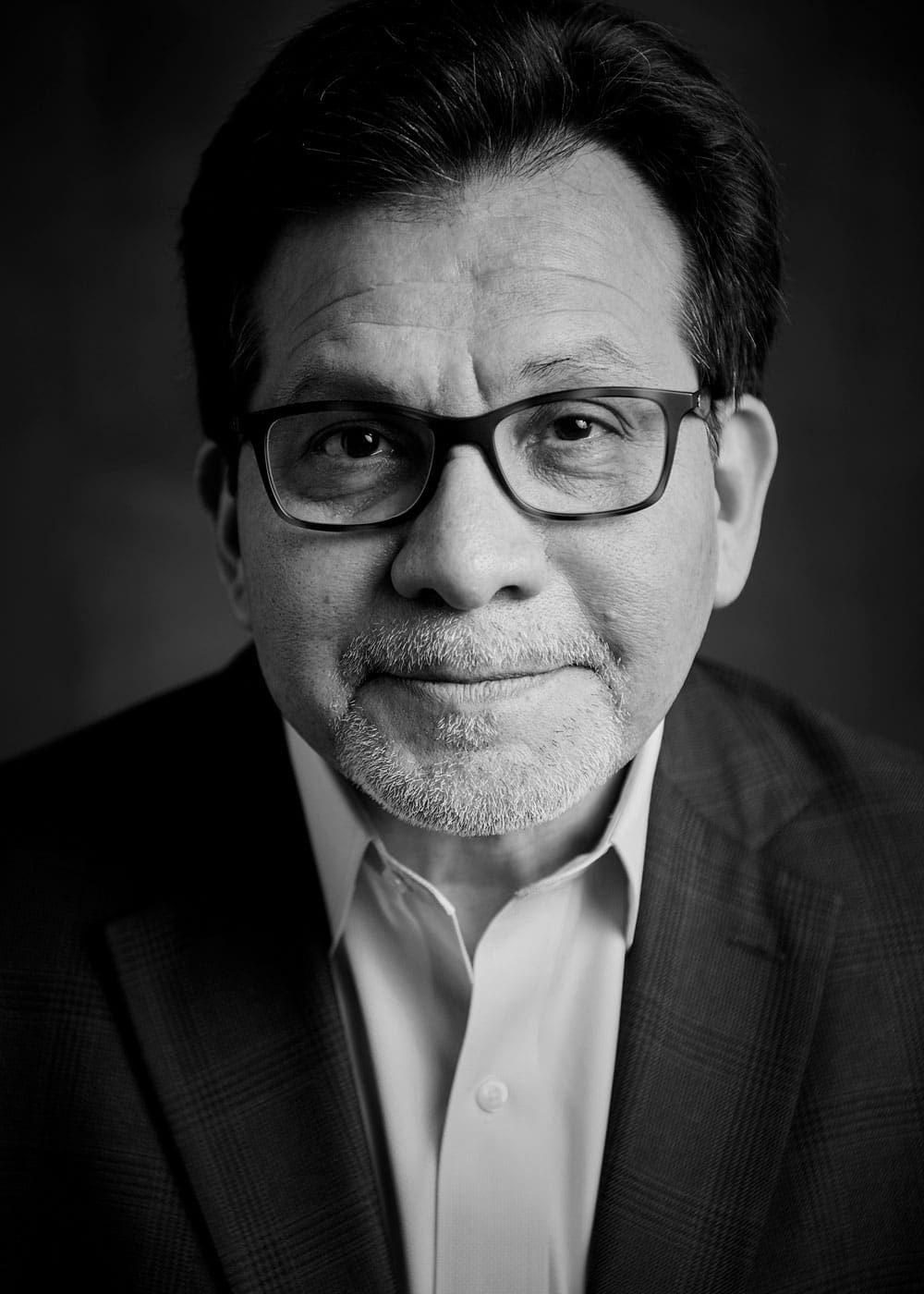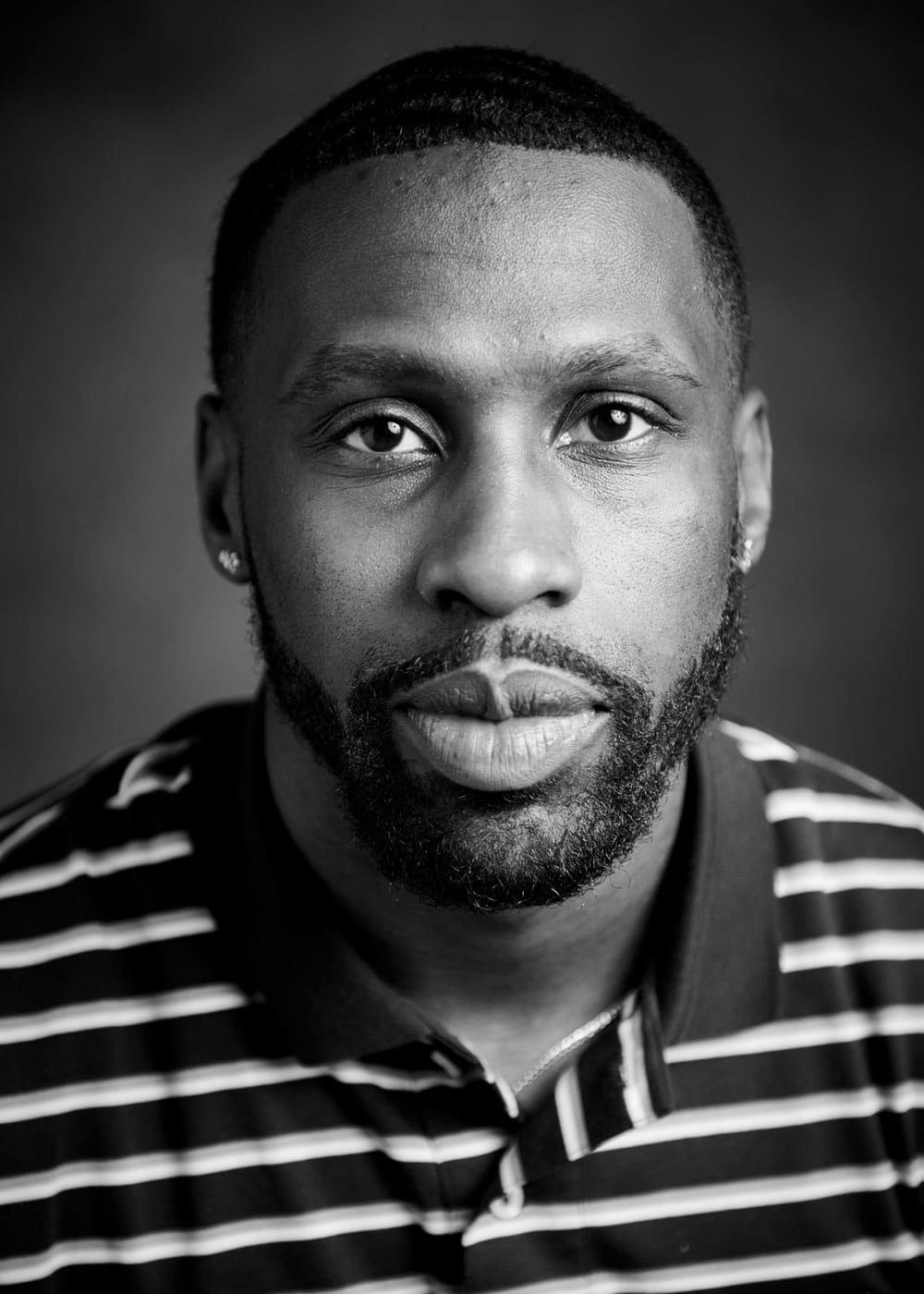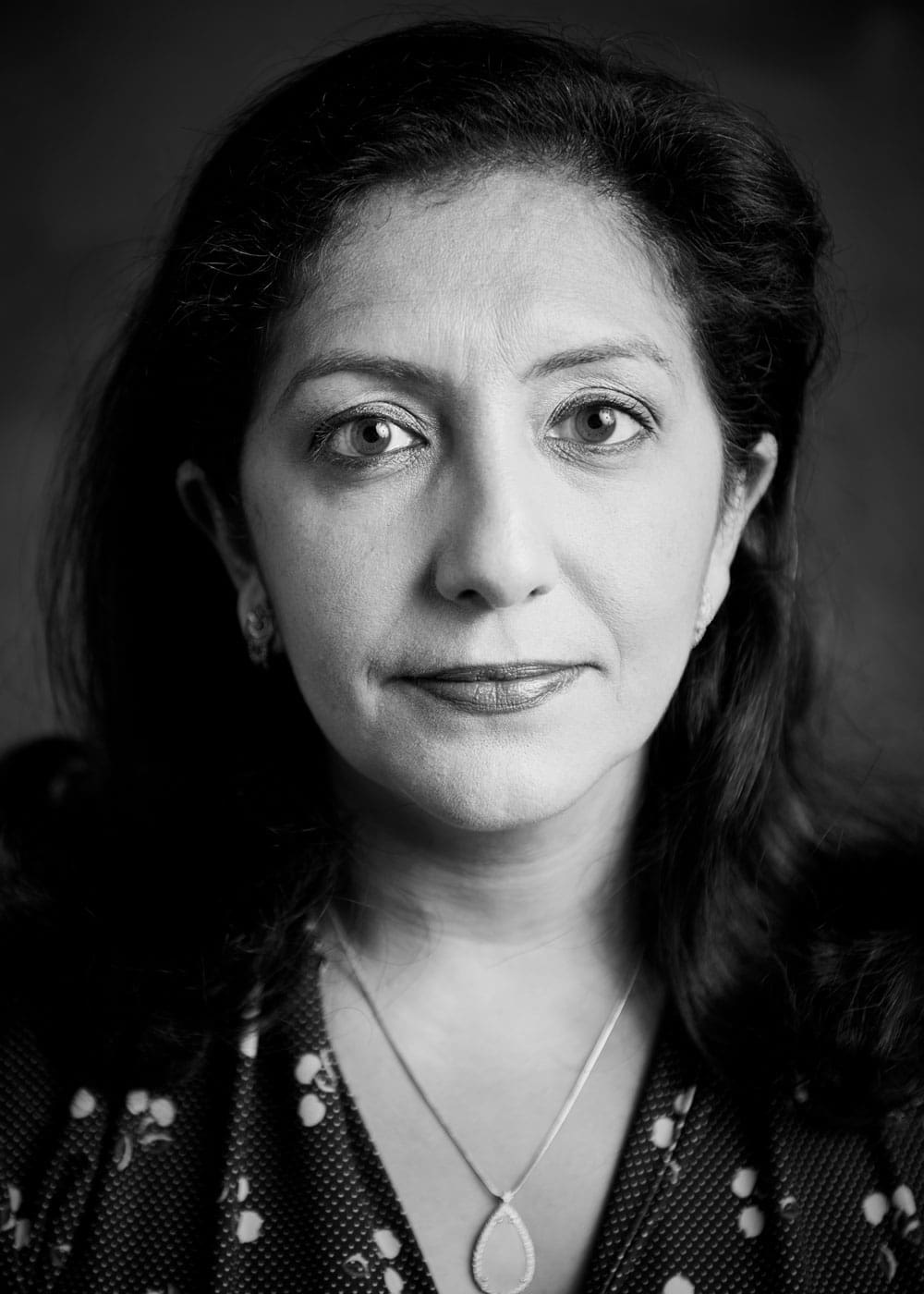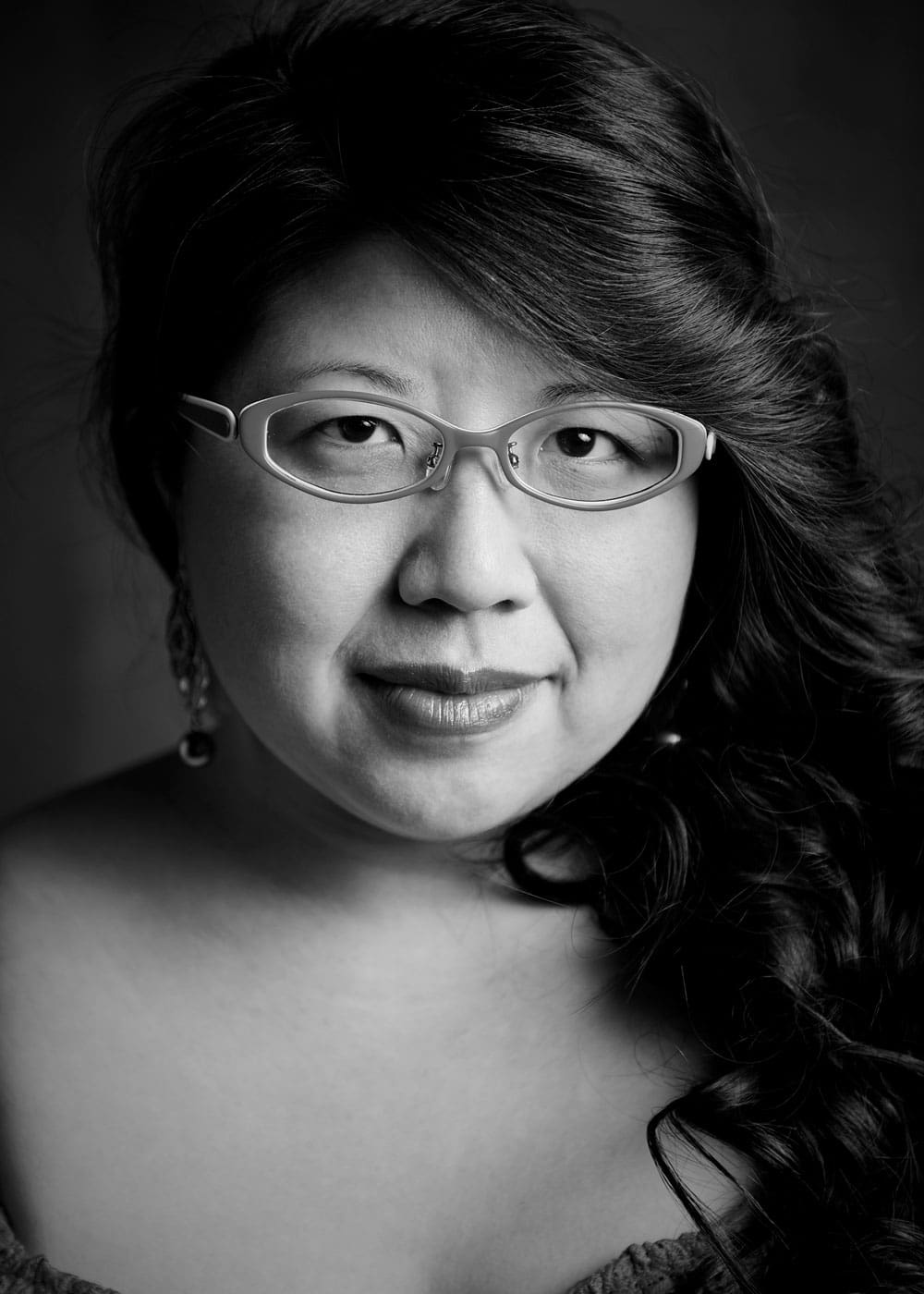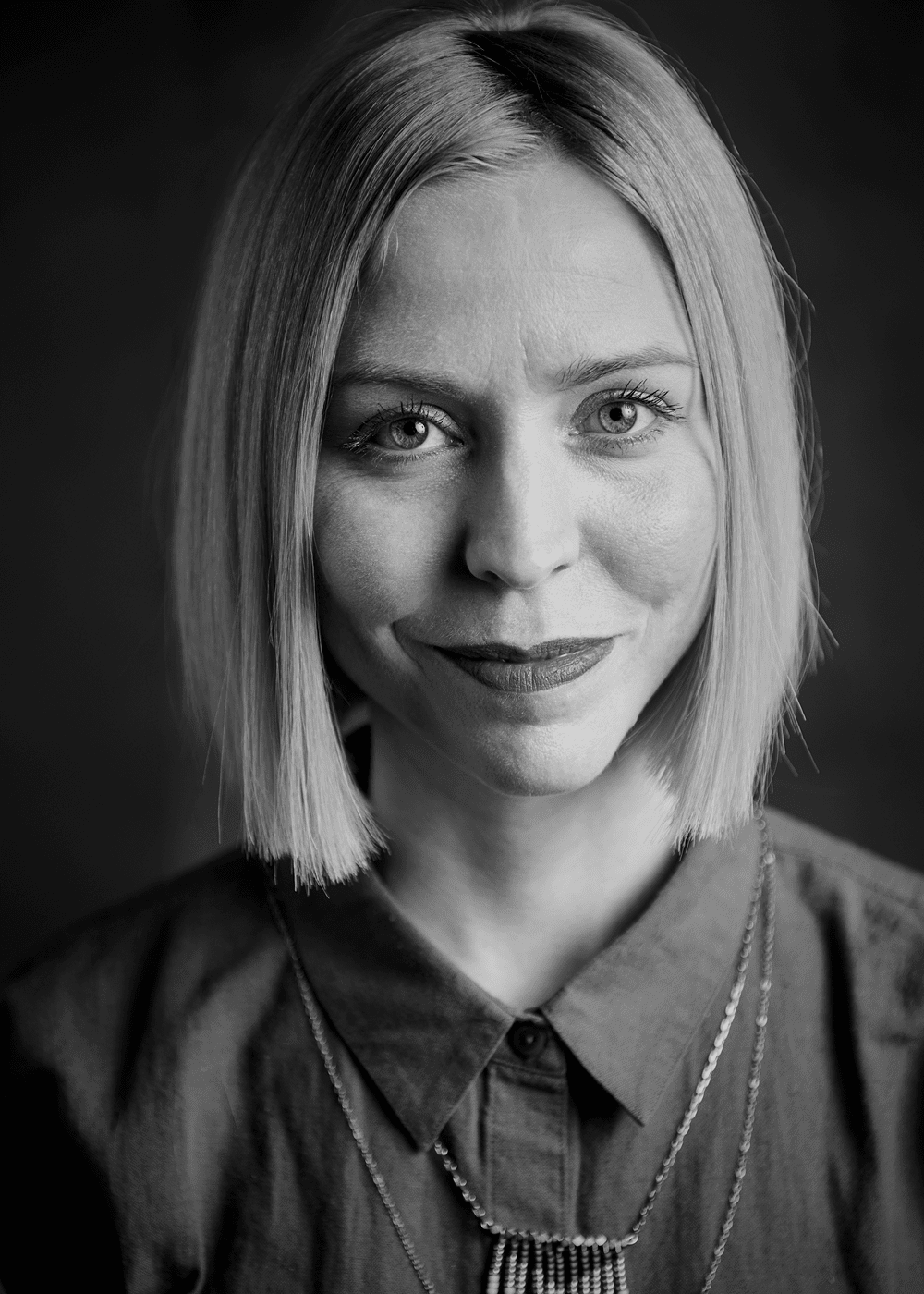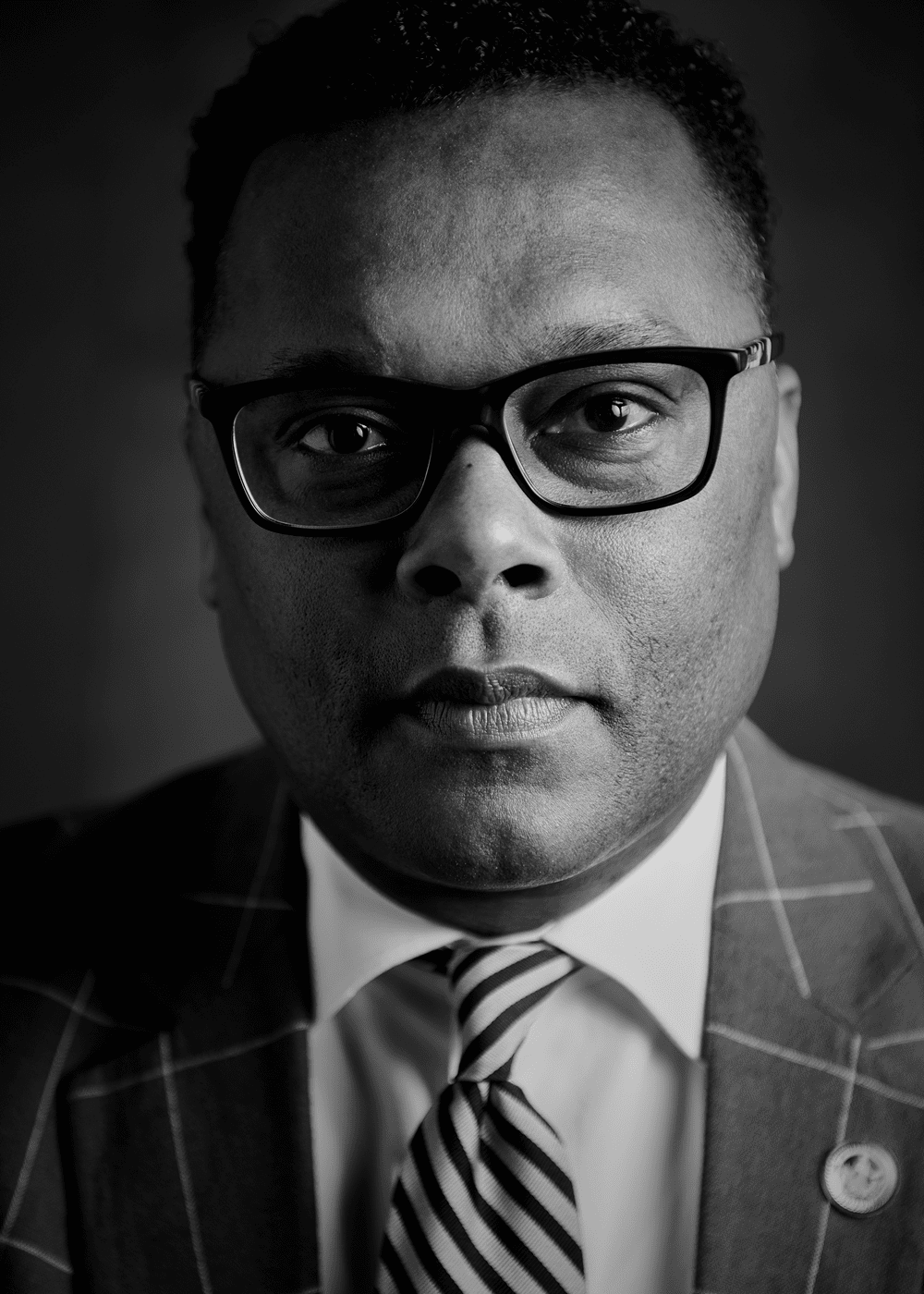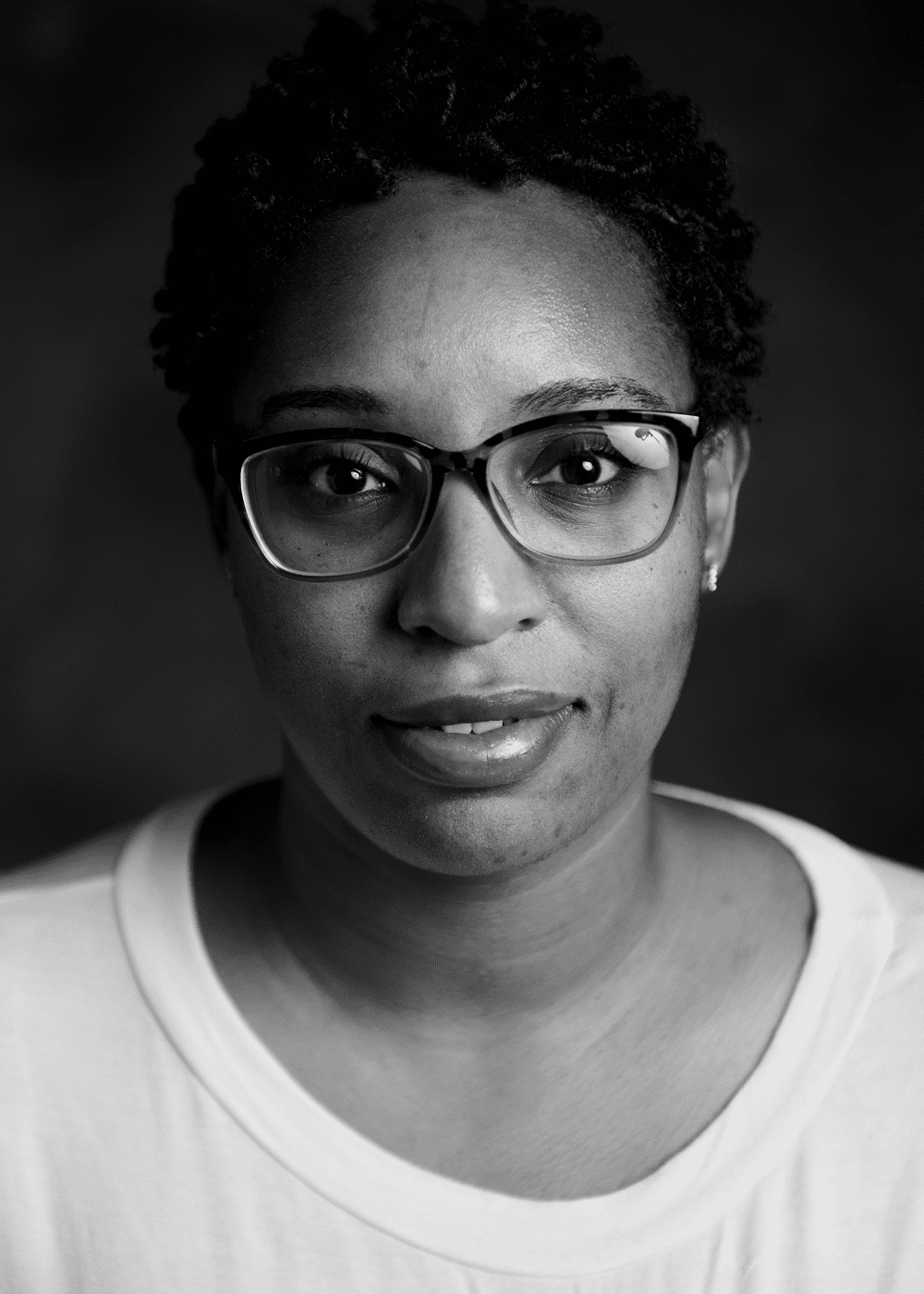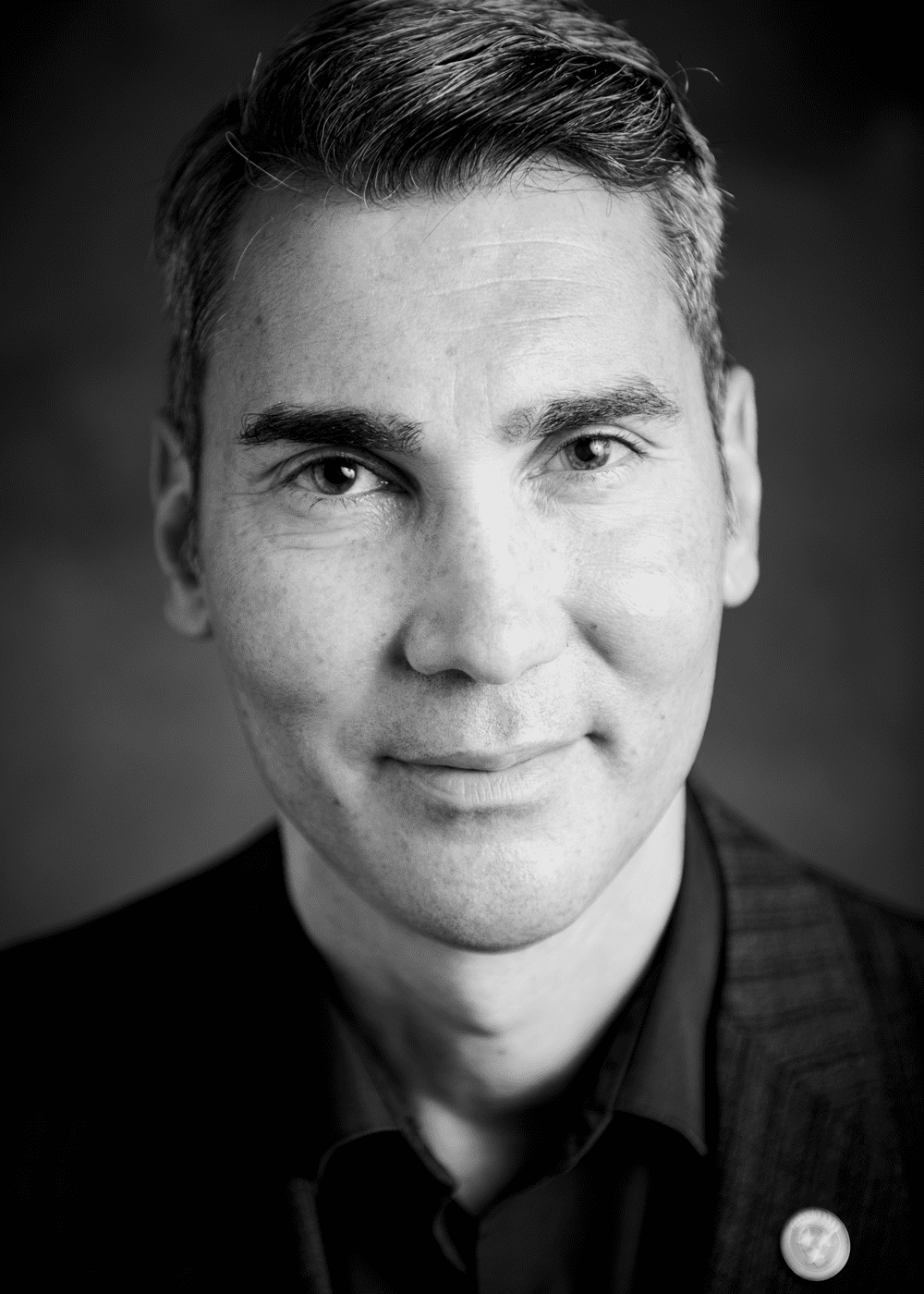“If you look at the diversity of our community and you look at people that are providing resources and trying to connect to those needs, we make a beautiful tapestry.”
Melissa had been working with a national recovery group to help survivors of the flood.
“As we were finishing that up, we started realizing that there were much deeper needs than what we were seeing on the surface or on the edge of people’s streets with their debris. So, we talked about, ‘How do we do more … go deeper? What is it that our community needs?’ ”
That’s when they connected with Second Harvest Food Bank, a United Way partner agency, who expressed a strong need for a food pantry in Southeast Nashville.
“That’s how we started. It blossomed into more things, but immediately the need was for food assistance in the area.”
They’ve since grown to offer English language learning alongside their food assistance program.
“There is a direct correlation between a person who maybe doesn’t have enough English proficiency and doesn’t have a job that pays a livable wage,” Melissa says. “We knew that addressing that was a significant need and of great importance to our community—to provide that resource so that people could move their families up toward better places of self-sufficiency.”
One client that left a lasting impression on her was a young woman named Gabriella. Melissa remembers seeing her in the food pantry collecting food for her family. Gabriella and her husband fled Venezuela, due to the political crisis, with their young child. Their country was experiencing power cuts and shortages of food and medicine. They knew they had to get out and start a better life for themselves.
“So, they came here and sought asylum in our country,” Melissa says. “We served her food and she said, ‘I had never experienced anything like this in my life. I had never experienced people being so gracious and in such a beautiful spirit of compassion as I experienced when I got food.’ ”
Gabby continued to visit the food pantry when an opening in The Branch’s English language learning child care center became available.
“She worked for a while doing that. She was excellent at what she was doing. And we learned that Gabby was a dentist in Venezuela. She had this great professionalism about her. So, we eventually made her our child care director. And then about two years ago, Gabby felt like it was time for her to move on and start her own business, her own translating service. So, she and her family have bought a house and they’re thriving. And it’s just … it’s a beautiful story that we were so privileged to be a part of.”
Melissa said when COVID hit our community, the car lines for emergency food support were longer than they had ever seen. The need for food assistance immediately increased by 200 percent and another 300 percent a few weeks later. That’s when United Way reached out with an emergency grant.
“Quite honestly, I don’t know if we would have survived without that significant injection of emergency funding.”
Another mother recently came into their food pantry. She had a good job—a management position—but she needed help putting food on the table. She was caring for her elderly father, her disabled husband and son and her daughter who has two small children with another on the way.
“She said to me, “Most of what I make goes to take care of the benefits that they all need to survive. So as much as you can load up into my car, I would be so grateful.’ ”
Melissa says it’s stories like that that make it so important for them to be in this space.
“If you look at the diversity of our community and you look at people that are providing resources and trying to connect to those needs, we make a beautiful tapestry,” Melissa says. “We’re very thankful for United Way and we’re very honored and privileged to be a part of a community helps to connect people to resources and try to walk with them into pathways that are better for their family.”

